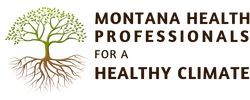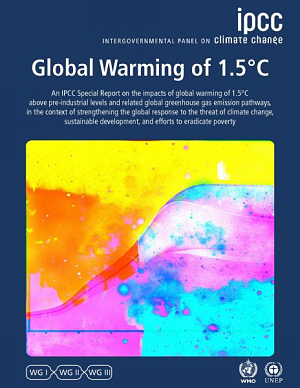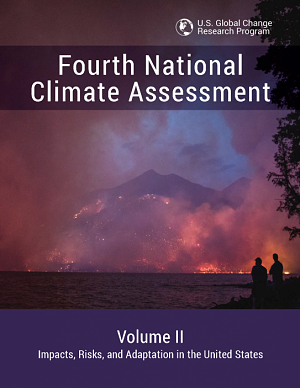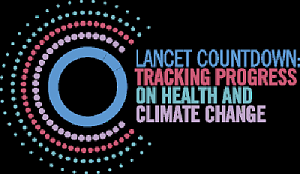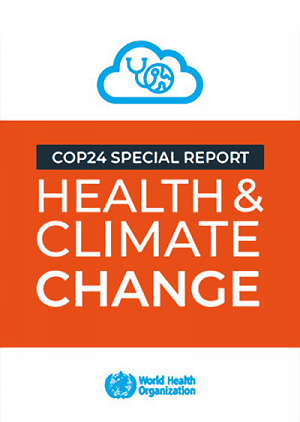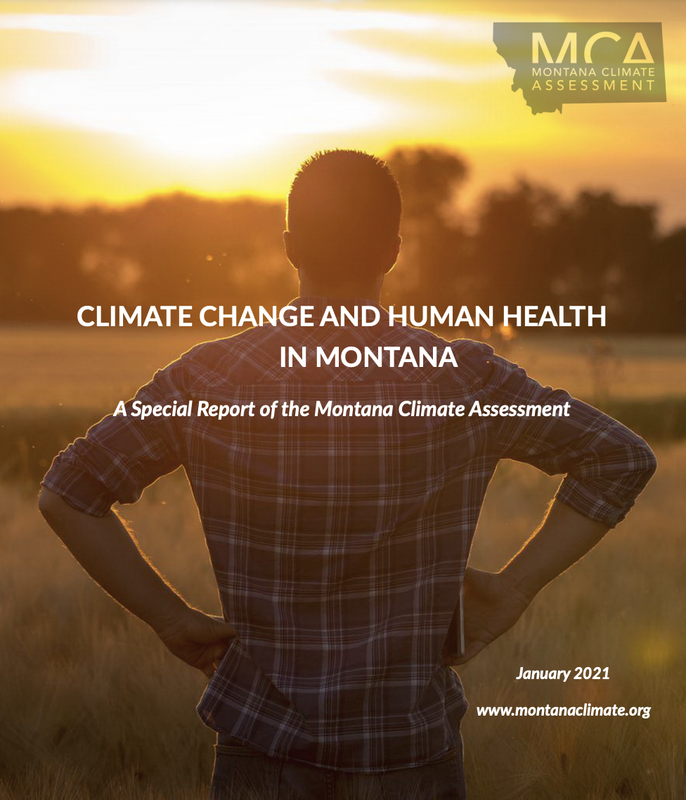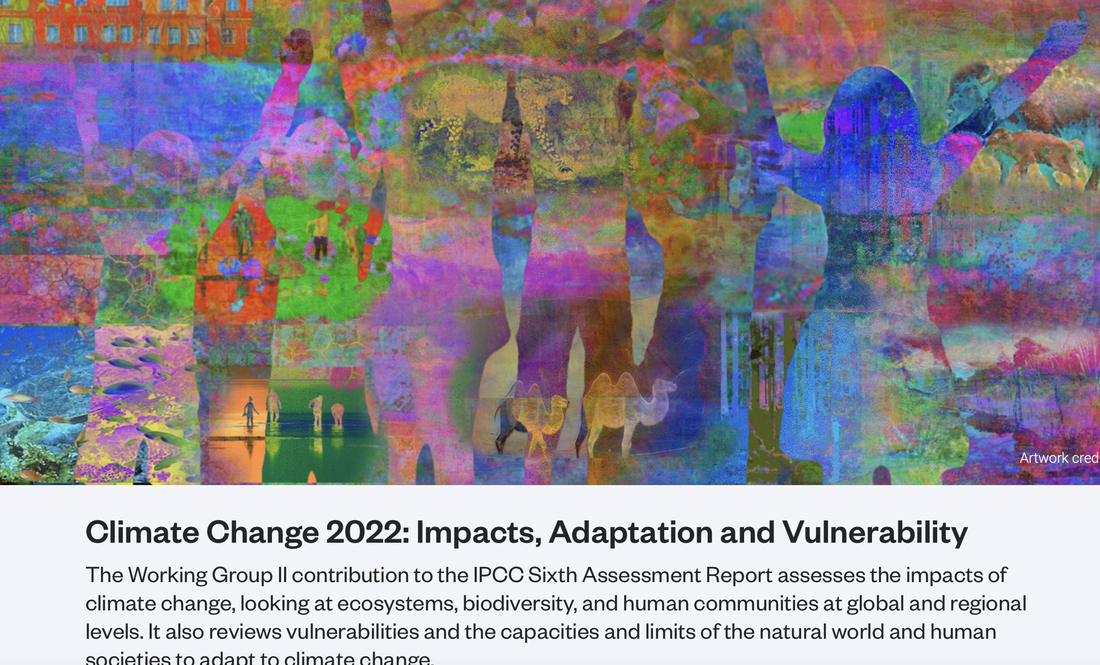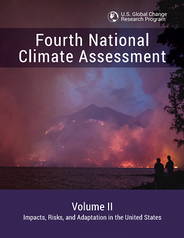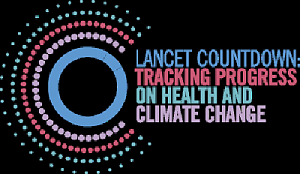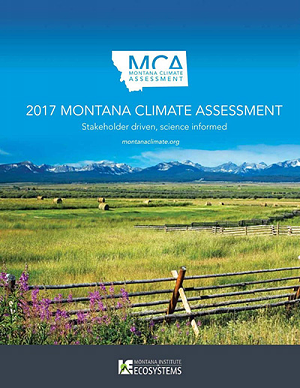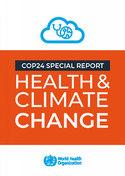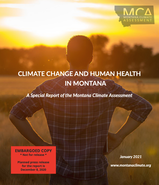The effects of climate change on health are well-documented in many scientific reports - so many, that it can be overwhelming to know where to start! Below are our favorite resources. Choose one or all, and get started learning! For a more guided learning experience, you can take our self-paced course, Climate Change & Human Health in Montana, for free!
Click on the images above to visit the full report, or explore below to read summaries of each report.
intergovernmental panel on climate change special report 2022
|
In the fall of 2018, the United Nations (UN) Intergovernmental Panel on Climate Change (IPCC) published, their possibly most dire Special Report to date. The overarching goal was to strengthen the response of the global community to the effects of climate change before it is too late. Earth has warmed 1.0°C above pre-industrial levels and it is likely to reach 1.5°C by mid 21st century. A continued warming above 2°C would drastically impact humans, animals, and the natural systems that sustain them. Most importantly, the differences between a world warmed 2°C above pre-industrial levels versus 1.5°C would be significant and potentially devastating. Therefore, the IPCC recommends that the global community act now to curb greenhouse gas emissions and keep warming below 2°C; climate models suggest that we only have 12 years left to achieve these important emission goals.
|
the united states fourth national climate assessment 2017
|
The Global Change Research Act of 1990 requires that a report on human-induced and natural global change be delivered to Congress and the President every four years. In 2018, the fourth such report was published and submitted. The report focuses on the impacts of warming temperatures and the resulting changes that affect Americans’ lives, communities, and livelihoods. Future climate, including higher temperatures, worsening air quality, extreme weather, and disruption of ecosystem services, is expected to cause big challenges to human health by exacerbating existing concerns and revealing new risks altogether. Furthermore, these risks are expected to be greater among populations that are already vulnerable, including low-income, communities of color, children, and the elderly. The report concludes that the evidence of human-caused climate change is overwhelming and that the impacts of climate change are already present across the country, threatening the physical, social, and economic well-being of all Americans.
|
the lancet countdown: tracking progress on health and climate change 2022
|
The Lancet Commission produced their fourth report in November 2018, tracking progress on health and climate change. The countdown is a monitoring system to track health impacts of climate change. Leading academic institutions and governmental agencies across disciplines collaborate on this international report, including experts in agriculture, economics, energy, transportation, public health, engineering, as well as public health. They provide recommendations for what Lancet has labeled, “the greatest threat to global health of the century.”
|
Montana climate assessment 2017
|
This initial assessment by MSU Bozeman, University of Montana and the Institute on Ecosystems and published in 2017, focused on water, forests, and agriculture. Listening sessions across Montana initially served to determine the topics to cover. Future climate projections and their impacts on the three sectors above. The report concludes by specifying the knowledge gaps and needs for future research. A Climate Change and Human Health in Montana report is set for publication in January 2020.
|
conference of the partiess6 (GlaSGOW)Special report on health and climate, 2021
|
This World Health Organization (WHO) report, was released in 2021 at the Conference of the Parties in Glasgow. The two weeks of talks produced the Glasgow Climate Pact, a flurry of high-level sectoral pledges, and a set of decisions that complete the Paris Rulebook by operationalising Article 6 of the Paris Agreement and establishing transparency requirements for Parties when reporting both their emissions and their climate actions.
|
Lancet Countdown US Brief 2022
|
2022 US Brief |
The Lancet Countdown: Tracking Progress on Health and Climate Change is an international research collaboration that monitors and reports annually on the relationship between health and climate, and its implications for national governments. Each year, a special companion U.S. brief is released alongside the global report that aims to draw out the most nationally relevant findings to highlight the key threats and opportunities climate change poses for health in the United States. The brief is developed in partnership with the American Public Health Association and a working group of experts in the climate and health field. The 22 US Brief emphasized environmental justice and the Inflation Reduction Act
|
Climate change and human health: a special report of the montana climate assessment 2021
|
C2H2 is a special report of the 2017 Montana Climate Assessment produced by the Montana University System’s Institute on Ecosystems, Montana State University’s Center for American Indian and Rural Health Equity (CAIRHE) and Montana Health Professionals for a Healthy Environment, with support from the Montana Healthcare Foundation. The report brought together researchers, clinicians, public health experts, climate scientists, tribal experts and community leaders from throughout Montana to focus on ways climate change impacts the health of Montanans, both now and in the future.
|
